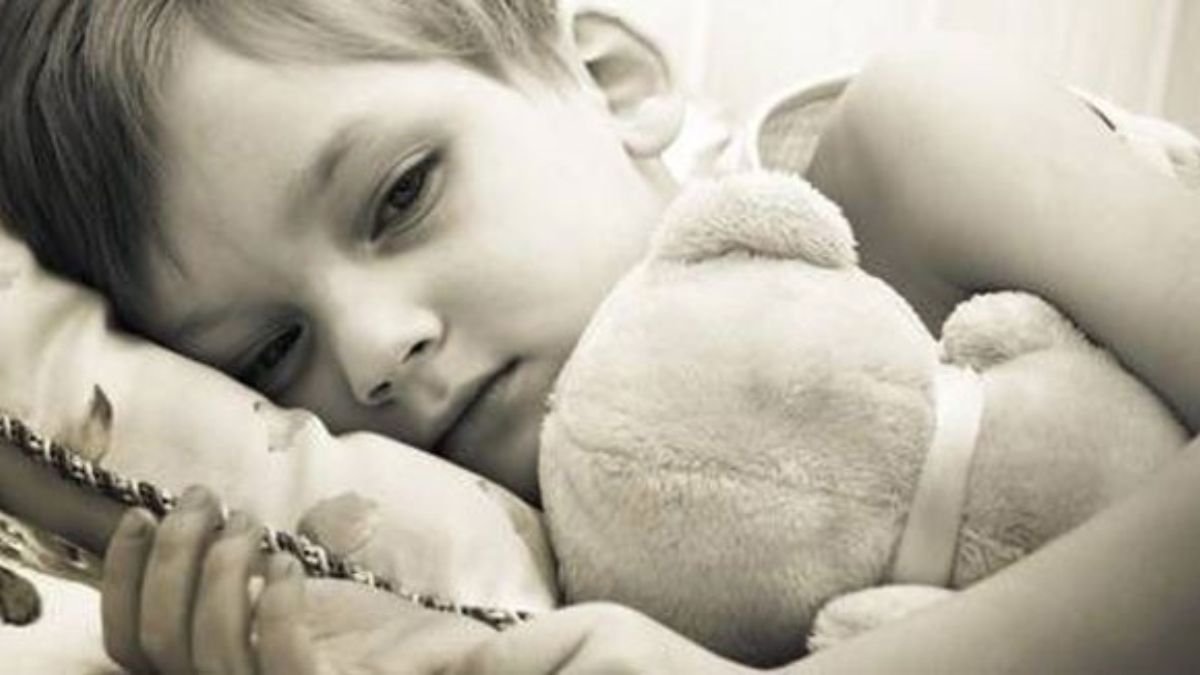Blog
Doctors share tips to Protect your children from lungs and skin issues- The Week

While monsoon rain brings a welcome relief from the blazing summer months, the weather can be challenging for infants who are more prone to sniffles, rashes, or breathing troubles.
Infants have airways that are much narrower than those of adults. Dr Murali Gopal, a pediatrician at Apollo Cradle in Chennai, explains that this becomes a real problem during monsoon when the humidity makes the airway linings swell up. Add to that all the allergens and pollutants floating around in the damp air, and that is a recipe for respiratory issues.
There are tell-tale signs that parents must not ignore. Persistent coughing, slight wheezing, or breathlessness after playing should not be brushed off as ‘just another cold.’
Gopal says paediatric asthma was not well understood in India. Parents tend to dismiss it as seasonal sensitivity, but this can lead to serious problems down the line, including stunted lung development and reduced quality of life.
The warning signs are often subtle. A child might develop a nagging cough that’s worse at night or first thing in the morning. Maybe they get winded more easily during playtime, seem unusually tired or cranky, or their breathing sounds heavy or noisy while they sleep.
Allergies work differently. They are basically a child’s immune system overreacting to harmless things like dust mites, pollen, mould, pet hair, or certain foods. Even though these are chronic conditions, they’re manageable.
The skin is the other organ most impacted. Dr Harish V S, also a paediatrician at Apollo Cradle, said that even when it’s not actively raining, that sticky humidity means moisture clings to everything. Little skin folds around the neck, underarms, and thighs do not get enough air.
Babies are vulnerable because their skin barrier isn’t fully developed yet, so it’s much more permeable than that of adults. This means moisture, germs, and irritants can get in more easily. What starts as a bit of dampness in a neck crease can quickly turn into angry red patches that, if ignored, can get infected.
Here’s how adults can take simple steps that will make a big difference:
· Keep your house as dry as possible with good ventilation.
· Make it a habit to wash and sun-dry bedsheets, curtains, and those stuffed animals regularly, as this gets rid of dust mites and mould that love humid conditions.
· Don’t let water collect anywhere around your home, and keep storage containers covered and clean.
· Never smoke indoors or around your child. Tobacco smoke is one of the worst asthma triggers.
· Try to figure out what specifically sets off your child’s symptoms. Even during heavy rains, encourage some light indoor activities to keep those little lungs active.
How to keep your infant’s skin happy:
· Dress your baby in loose, breathable cotton clothes.
· After bath time, be extra thorough about drying those skin folds near the neck, underarms, groin, and behind the knees.
· Stick to gentle, paediatrician-recommended products and avoid anything with strong fragrances or heavy creams. Change diapers frequently and give your baby some diaper-free time when possible.
· Even your laundry routine matters. Use mild detergents and make sure everything is dry before storing, as damp clothes are a breeding ground for fungi.
Both doctors emphasise that good sleep and proper nutrition are your child’s best defense. A well-rested, well-fed baby has a stronger immune system to fight off whatever the monsoon throws their way.
That said, if your child is struggling to breathe, breathing rapidly, having trouble speaking, has bluish lips or nails, or seems extremely exhausted or distressed, call your paediatrician immediately.
For skin issues, any redness, itching, or unusual patches should be checked out before they worsen.
The key is staying alert without becoming anxious. Most issues are manageable when caught early, and both respiratory and skin problems respond well to proper care and medical guidance when needed.






